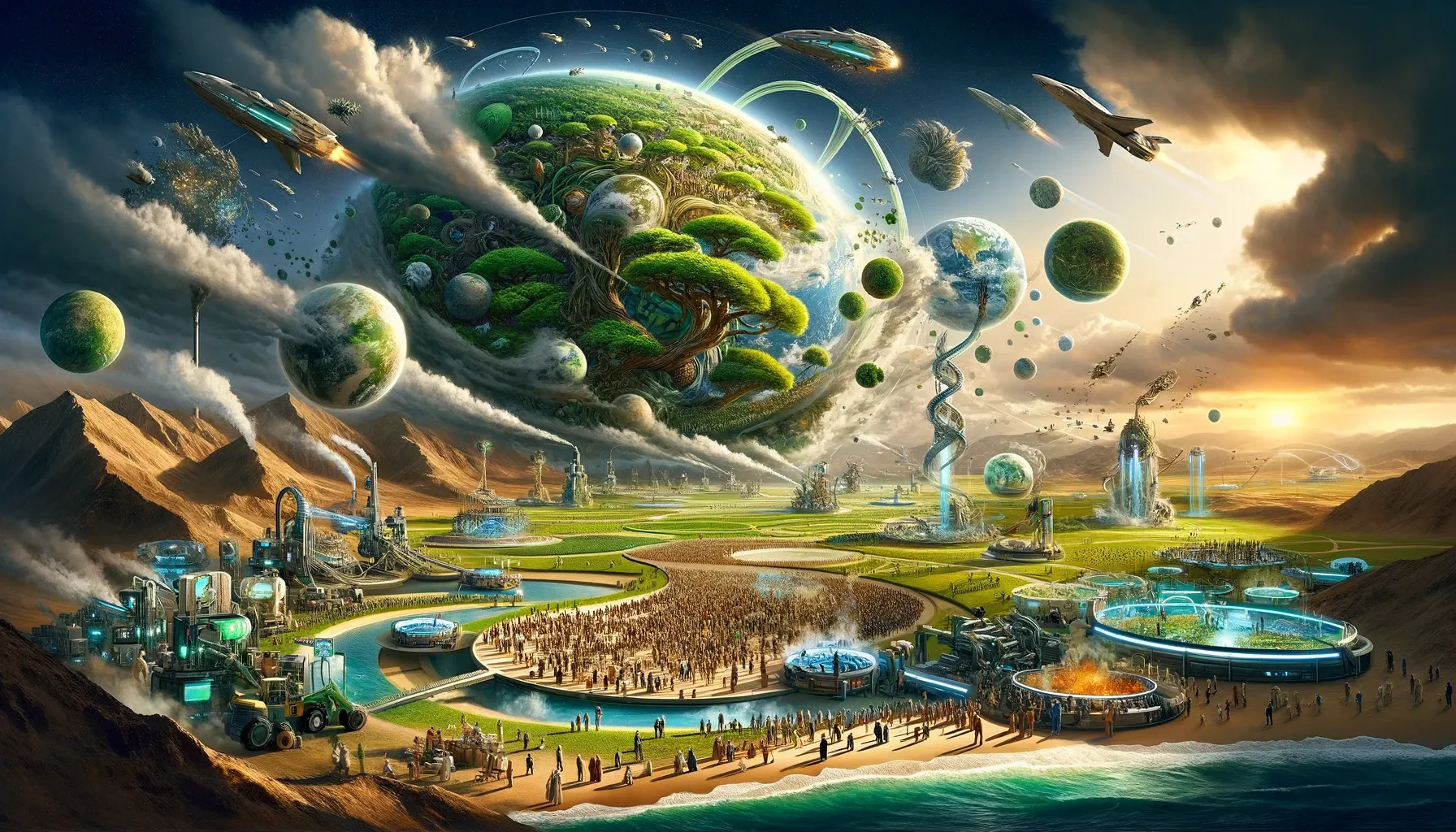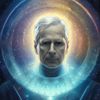We Are As Gods

I've been reading a fascinating book, "God, Human, Animal, Machine: Technology, Metaphor, and the Search for Meaning", written by Meghan O'Gieblyn. Technically, I've been listening to it on Audible. It's a fascinating book which covers, among its pages, the subject of consciousness, intelligence (including artificial intelligence), physics, the singularity, the soul, and other fun stuff. It also draws many parallels to religion. I haven't finished the book yet and am still only halfway through it. It's a well written and thought-provoking philosophical exploration. It is also, to some degree, what has led me to these thoughts today.
The idea of humans as gods, whether as individuals or as a collective, isn't new. We've been telling these stories for a long time. The title of Meghan's book includes the word "metaphor," after all. Granted, I have grown up in a part of the world largely defined by Christian beliefs and myths. I won't debate here on whether this is good or bad, but there's no question that the society in which I have grown up is defined by this history. Consequently, the metaphors and allegories that come with that history are bound to intersect with every part of this world, including technology.
Despite my appreciation for the book, it does bother me that the author sees Christian parallels everywhere. She, like me, has grown up in a world that has largely been shaped by Christian narratives and that occasionally drives me a little crazy. A little while back, I wrote another piece commenting about that very topic in a Verge piece written by another author, Sigal Samuel. You can check out my response to that over here. Today, I want to riff on something a little different.
I'm at a part of the book where Meghan O'Gieblyn has just brought up the concept of human as a kind of god, and how these comparisons follow us through the ages. This led me to thinking, as I have many times before, about how strange monotheism is. Even in the Bible, the supposed word of God, we find references to a polytheistic universe, one where even humanity may be but a part of the divine. I'm getting ahead of myself.
Consider Psalm 82, where we read, "God standeth in the congregation of the mighty; he judgeth among the gods."
Yahweh, or Jehovah, the God of the Bible, is not a single god, but one among many. He just happens to be the one currently in charge. This reference to multiple gods happens more than once in the Bible. In Psalm 86, we read, "Among the gods there is none like unto thee, O Lord."
Even God either acknowledges the existence of other gods, and even commands humans to have "no other gods" because He, Yahweh, is a jealous god. We all know what terrible things jealousy is capable of unleashing, a fact that appears repeatedly in our human world.
What fascinates me most here is the concept of humans as gods themselves, willfully kept back from our godhood. In Genesis, after the whole tree of knowledge (or tree of life, depending on the translation), we read the following.
"The man has now become like one of us, knowing good and evil. He must not be allowed to reach out his hand and take also from the tree of life and eat, and live forever."
A multiplicity of gods. "like one of us" Worse, that tree holds the key to putting humans on the same level as the gods. Not to mention the whole not dying thing. God knows full well humanity's godlike potential, but is deliberately holding us back. I've joked on more than one occasion that the serpent is the real hero of that piece. The serpent led Eve to the tree, freeing us from blind ignorance and unquestioning servitude. After Eve shared the fruit of knowledge with Adam, hu,manity took its first step toward. Granted, we were also granted the knowledge of good and evil, but then, freedom always comes at a price.
Godhood, even more so.
But let's get back to Psalms for a moment. A little later in Psalm 82, we read, "I have said, Ye are gods; and all of you are children of the most High."
In the New Testament, Jesus backs all of this up in John 10:34 by saying, "Jesus answered them, Is it not written in your law, I said, Ye are gods?"
That sentiment has echoed through the ages, through many great thinkers, writers, philosophers, and scientists alike. We humans are godlike in that we are increasingly, through our knowledge, doing godlike things, encroaching on the purview of the gods themselves.
We are sometimes accused, by fellow members of our species, to be "playing God" through research in genetic engineering, AI, and transhumanism. Yahweh cautioned us about making sure there were no other gods before him leading some to question whether humans have the right to pursue godlike capabilities, courting hubris in trying to transcend our mortal limits?
Those of you who know me, know where I stand on this. And perhaps no one said it better than Stewart Brand, of "Whole Earth Catalog" fame.
"We are as gods and might as well get good at it."
What do you think? Let me know in the comments. And please share with others.
